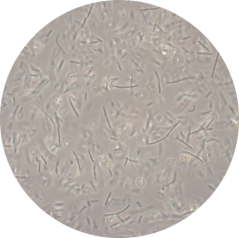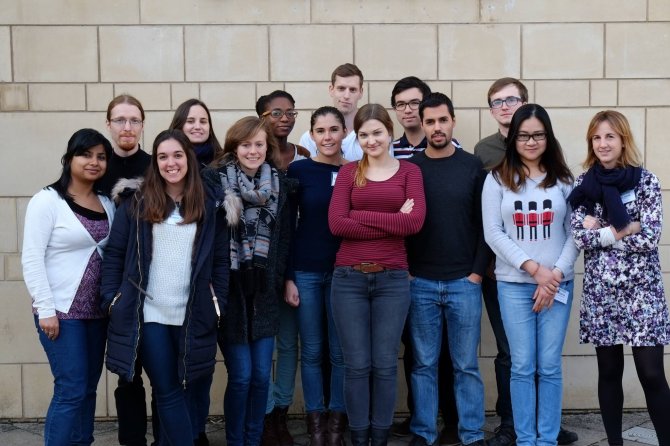Project
CLOSPORE: Understanding the Clostridium spore, a pre-requisite for disease interventions and exploitation
The bacterial endospore is one of the most highly resistant life-forms on earth and allows the bacterium to survive exposure to extremes of temperature, desiccation, radiation, disinfectants and, in the case of Clostridium, oxygen. The longevity of survival is astounding and can be measured not in tens or hundreds of years but, in millions. These remarkable structures are the most important single feature of the genus Clostridium. Thus, whilst the pathogenesis of its notorious pathogens (C. botulinum, C. perfringens and C. difficile) is ascribed to the devastating toxins produced (neurotoxins, endotoxins and cytotoxins), it is their capacity to produce spores that lies at the heart of the diseases they cause. This is because spores play the pivotal role in the spread of infection (eg, C. difficile) and in foodstuff contamination and food poisoning (eg, C. botulinum and C. perfringens). The processes of spore formation (sporulation) and germination (return of the dormant spore to toxin-producing, vegetative cells), therefore, represent key intervention points.

On the other hand, the majority of clostridia are entirely benign and can sustainably produce all manner of useful chemicals and fuels. Crucially, the regulation of chemical production is intimately linked to that of sporulation. Spores of benign species may also be used as a delivery system for treating cancer. This is because intravenously injected spores localise to and selectively germinate in the hypoxic centres of solid tumours, a property that can be used to deliver anti-tumour agents. Moreover, the phage-mediated delivery of small, acid-soluble protein (SASP) derived from spores are the basis of an innovative approach to the killing of antibiotic resistant bacteria. Yet, despite the tremendous importance of the spore, little is known of the developmental processes of clostridial sporulation and germination. Deriving this knowledge, and thence exploiting it, is the objective of CLOSPORE, a European Research Training Network (2015-2018, grant number 642068) financed under the H2020 program.
15 Early Stage Researchers will be working in 7 different laboratories to understand the clostridial sporulation mechanism in several Clostridium strains.

One PhD candidate (Ms Mamou Diallo) will be working at Wageningen UR Food & Biobased Research in collaboration with the Laboratory of Microbiology. Her project is entitled: "Sporulation and its significance to butanol production in C.acetobutylicum and C. beijerinckii" and focuses on Clostridium acetobutylicum and Clostridium beijerinckii. These strains are able to produce solvent such as acetone, ethanol and butanol via a
process called ABE fermentation. While the solvent production pathway has been intensely investigated, the sporulation mechanism is still unclear. Several studies show a link between sporulation and solvent production in Clostridium acetobutylicum and Clostridium beijerinckii but none was able to explain the involved mechanism. The project aim is to fill our knowledge gaps in this matter.
